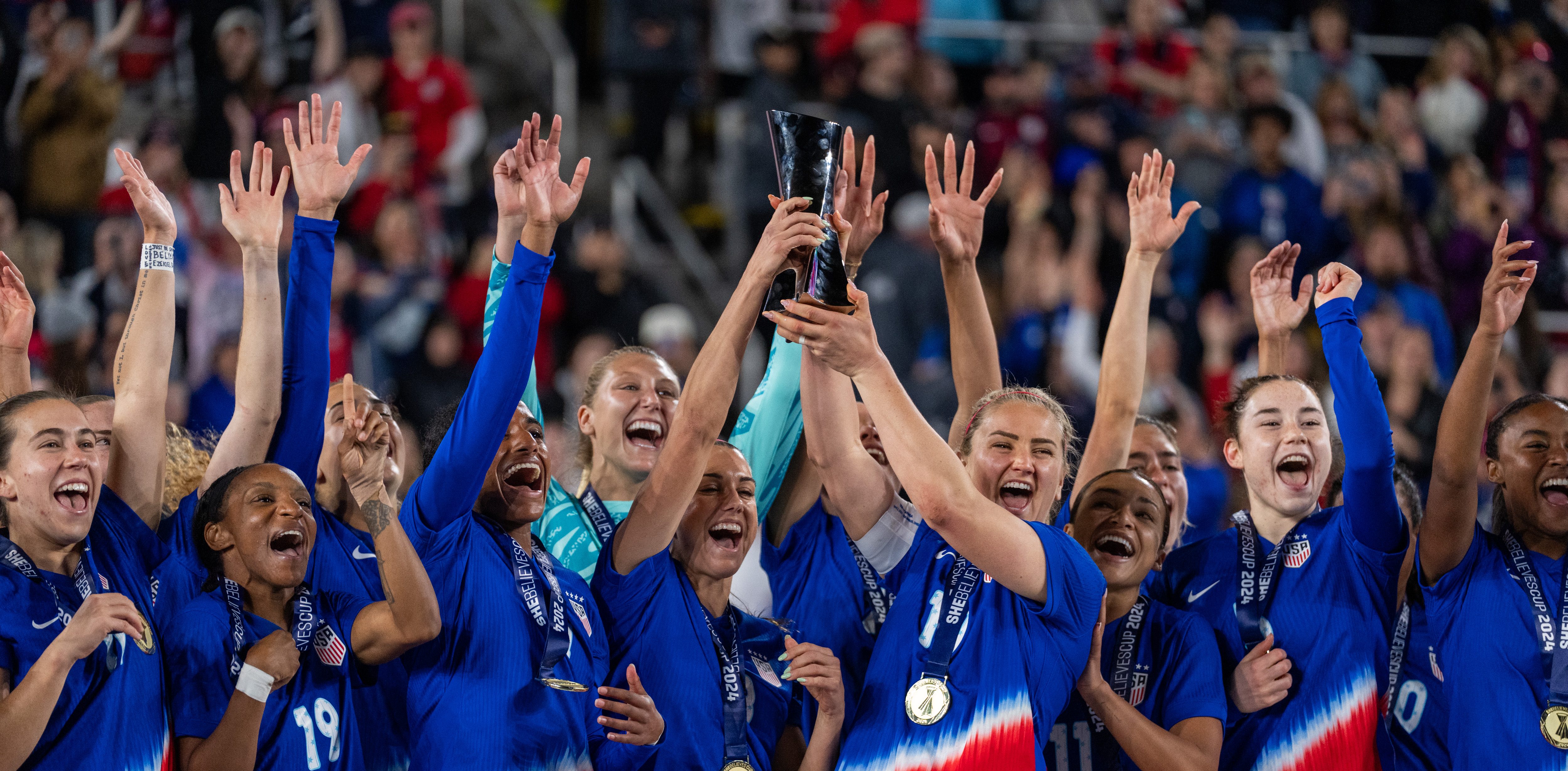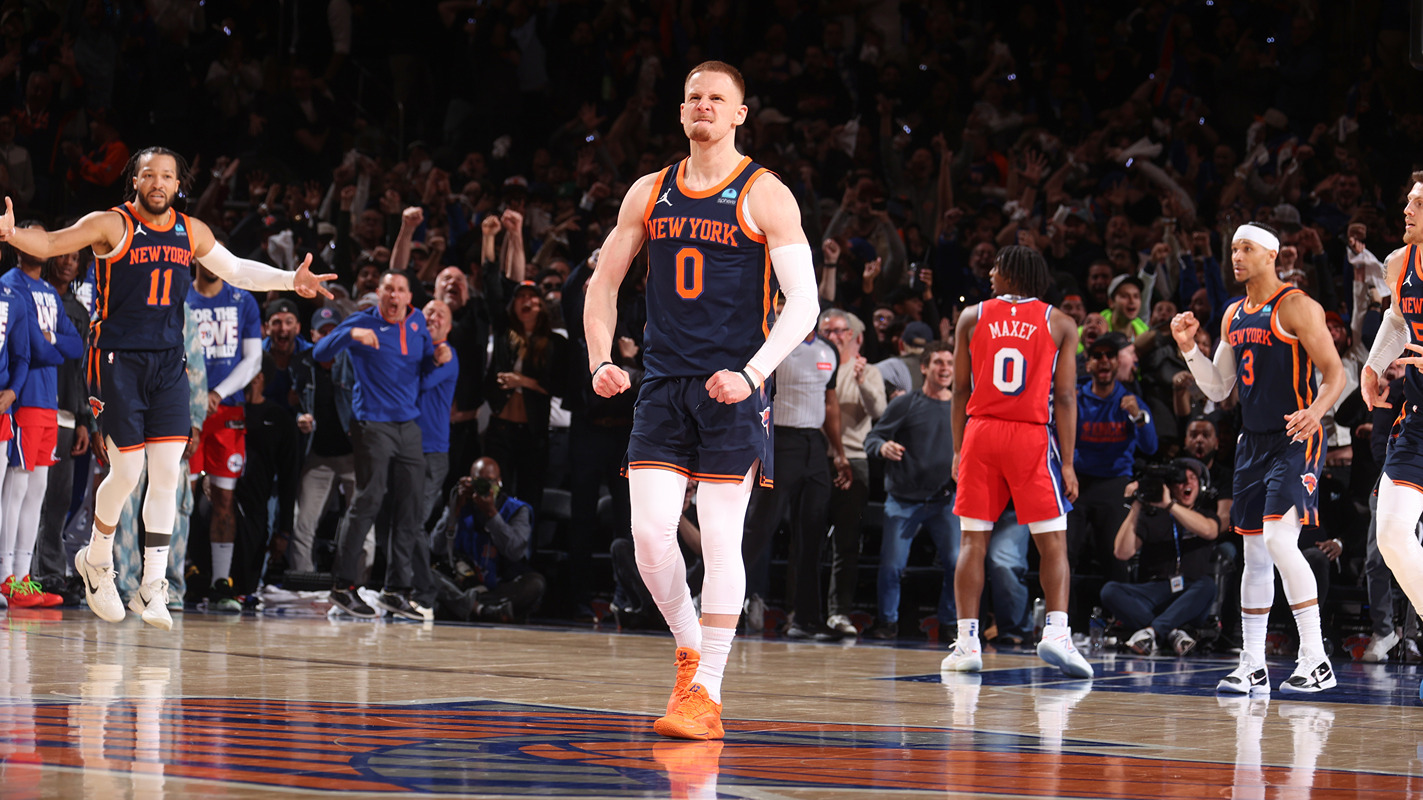It wasn't surprising that Derek Jeter's defense was a topic of conversation during the 2009 season.
What was surprising is that the conversation was uniformly positive after years of worrying that the Yankees would have to do the unthinkable and move their aging legend to another spot on the diamond because he was so bad defensively.
There have been some signs of slippage in the field for Jeter so far this season, something that dovetails nicely with the local media's neverending desire to find some way to make people think that Jeter re-signing with the Yankees after this season is anything but certain. It was only a matter of time before the position switch conversation bubbled up again and Andrew Marchand of ESPN New York has taken the lead. He argues his point well but, like many on this topic, ignores the most significant issue.
It's Jeter's bat that is the biggest cause for concern when forecasting the future.
There isn't one defensive statistic that satisfies our desire for a snapshot that tells us everything we need to know about a player's work in the field. Two of the best, UZR and plus/minus, both peg Jeter as slightly worse than last season but well short of the depths he reached earlier in his career. Because of the difficulty in accurately pegging his defense, it is more useful to look at the way his defense and offense balance out as a way of judging Jeter's overall value to the Yankees.
According to FanGraphs, Jeter posted his two lowest scores in Wins Above Replacement (WAR) in the 2007 and 2008 seasons with figures of 3.5 and 3.7, respectively. In 2007, his defense eliminated almost all of his offensive contributions. That was unusual, since Jerer's poor defensive numbers usually weren't able to dent his value because he was such a good hitter. In 2008, however, Jeter's defense, per UZR, was about average while he turned in the worse offensive season of his career.
It shouldn't come as a shock, then, that the concerns about Jeter's glove started gaining some traction this year while he was mired in a batting slump. When the bat isn't obscuring whatever real or imagined shortcomings exist with the glove, it makes defense seem like a bigger deal. It's interesting to note that Jeter actually posted a better UZR in May than he did in April, when no one was really questioning his defense. When one projects the future, it isn't just about how much range Jeter may lose or how much trouble he has going to his left. It is about how much his bat is able to carry his glove.
That's what makes discussion of a position shift problematic. Left field and designated hitter are mentioned often as possible spots for Jeter to spend his golden years, but those are prime offensive positions in most lineups. The Yankees have gotten away with lesser contributors in those spots over time largely because they get so much more than expected from their shortstop. Jeter's bat won't be there and, without an adequate replacement for that production, a declining Jeter's bat probably won't be able to carry what you need to get from those positions.
Sports
As long as Jeter isn't killing the Yankees with his defense at shortstop, it seems to make more sense to leave him there than contemplate a new place for him on the diamond. He may not have the best range in baseball and may make fewer plays out of his zone than his peers, but Jeter is far from a drag on the Yankees and probably won't be unless or until his offensive production declines so dramatically that it is going to be hard for them to find a place for him anywhere in the lineup.
Josh Alper is a writer living in New York City and is a contributor to FanHouse.com and ProFootballTalk.com in addition to his duties for NBCNewYork.com. You can follow him on Twitter.



